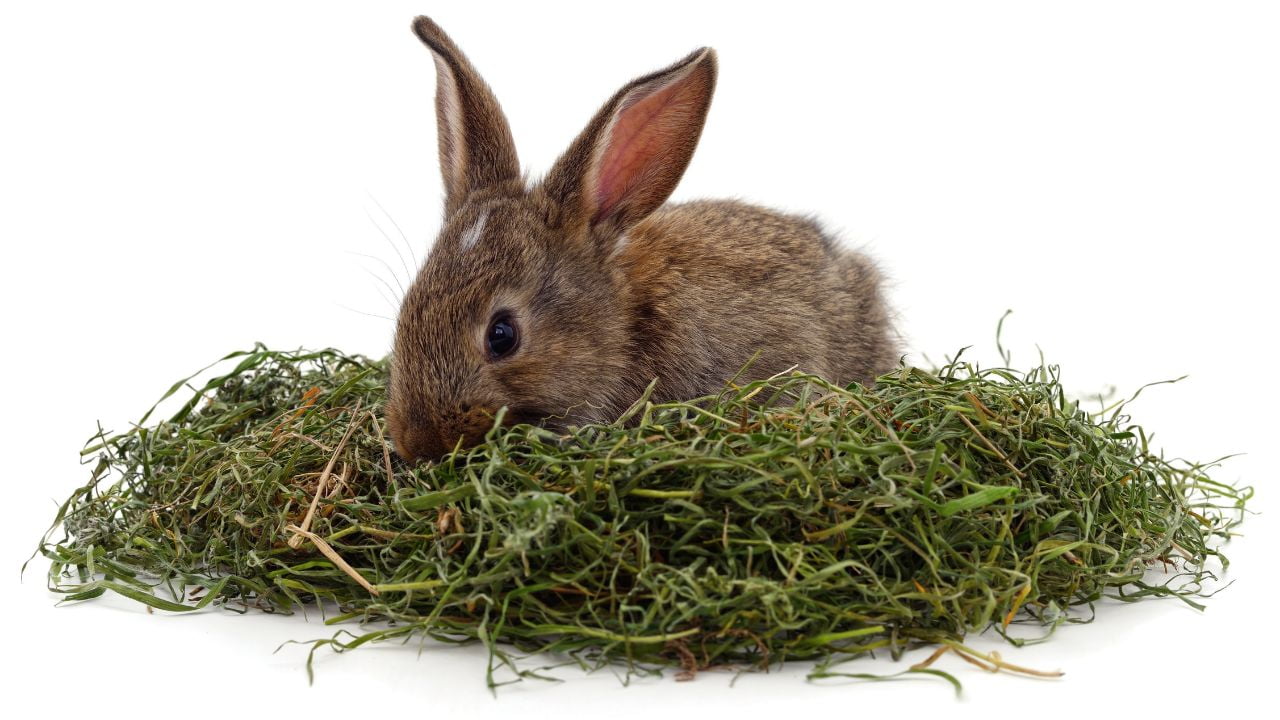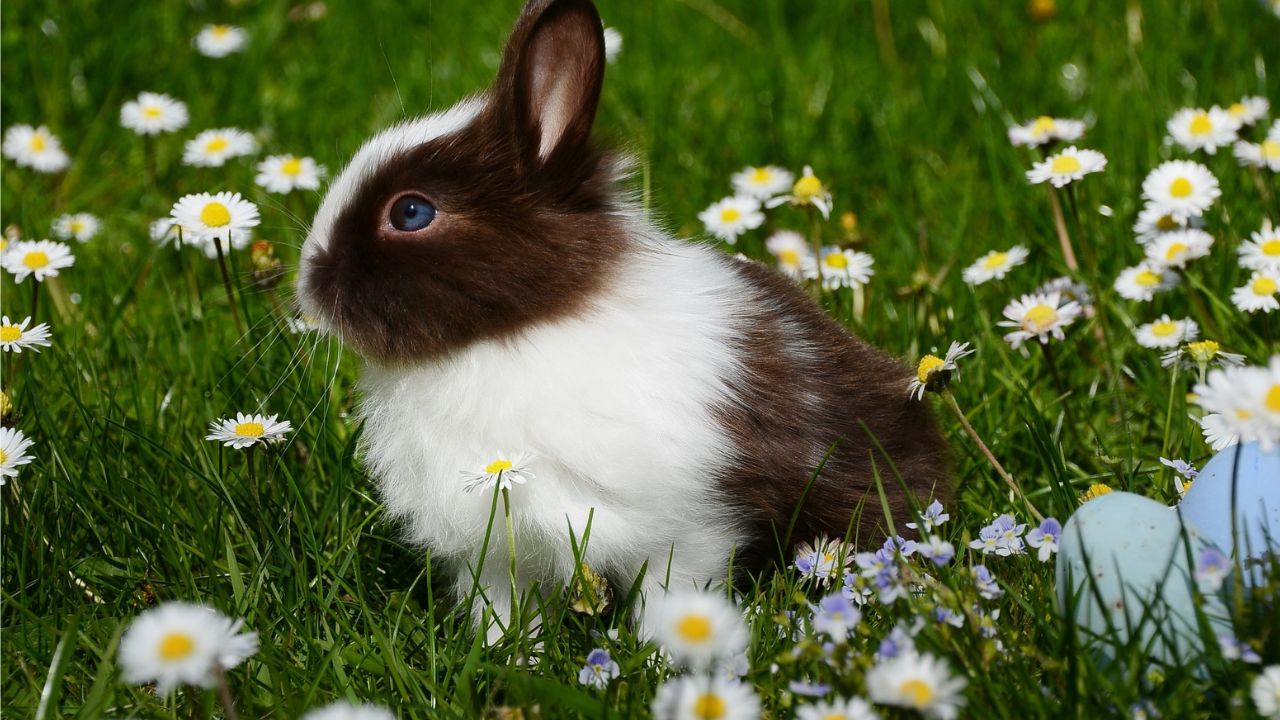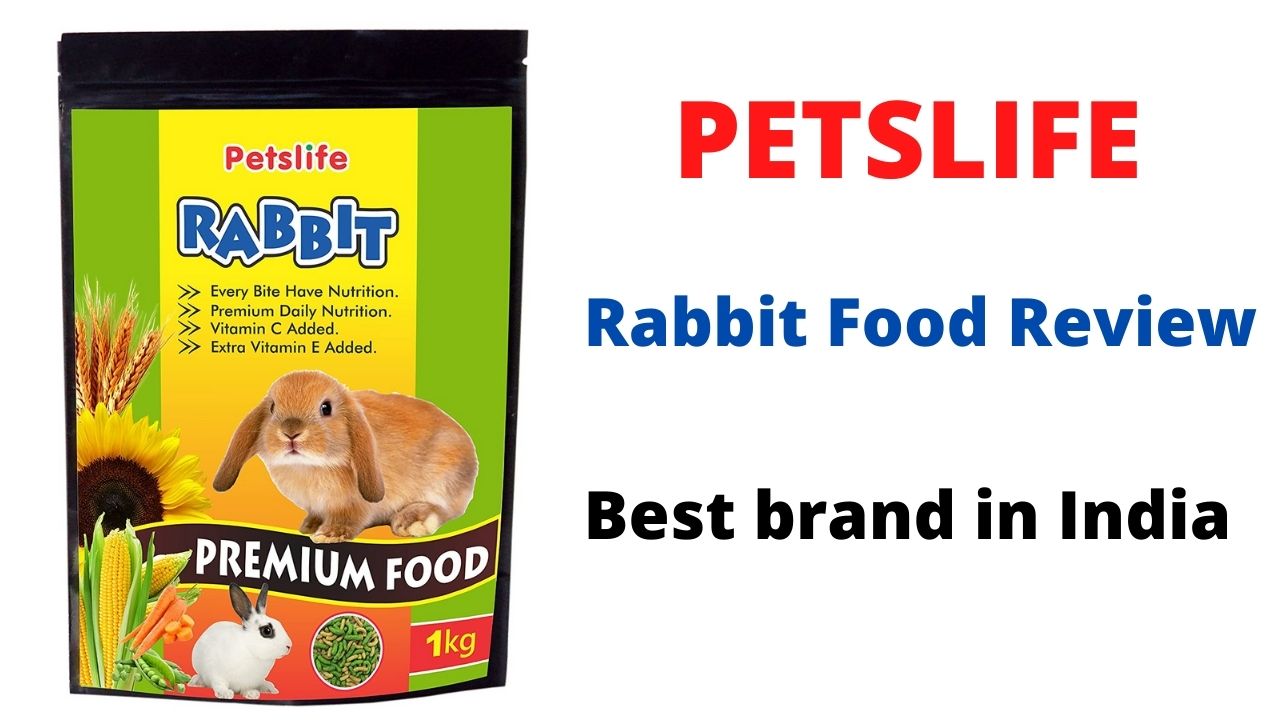
Table of Contents
Rabbits are delightful companions that have been cherished as pets for centuries. They come in various breeds, sizes, and colors, and each one has its unique personality. If you’ve decided to welcome a rabbit into your home, you’re in for a treat. But one of the most important aspects of responsible rabbit ownership is ensuring that your bunny receives the best diet possible. let’s discuss various categories of food and nutritional needs that are essential for your rabbit’s health and happiness.
The Unique Qualities of Rabbits
Before we dive into the nitty-gritty of rabbit diets, let’s take a moment to appreciate these adorable creatures and understand their unique qualities. Rabbits are known for their gentle and docile nature, making them excellent pets for families. They are also incredibly social animals and can form strong bonds with their owners. Here are some interesting facts about rabbits:
Herbivores:
Rabbits are strict herbivores, which means they consume plant-based diets exclusively. Their digestive system is designed for breaking down fibrous plant material.
Dental Health:
Rabbits have continuously growing teeth, so a proper diet is crucial to maintain dental health. They need to chew on fibrous foods to wear down their teeth.
Hindgut Fermenters:
Unlike some other animals, rabbits have a unique digestive system. They are hindgut fermenters, which means they digest food primarily in their cecum, a pouch at the beginning of the large intestine. This allows them to extract nutrients from fibrous foods.
Grooming:
Rabbits are known for their grooming habits, and they do an excellent job of keeping themselves clean. However, they may require occasional assistance, especially long-haired breeds.
Social Creatures:
Rabbits are social animals and thrive on companionship. They often form strong bonds with their fellow rabbits and can become lonely or depressed if kept alone.
The Essential Components of a Rabbit’s Diet
Hay The Foundation of a Rabbit’s Diet
As the saying goes, “Hay is for horses,” but it’s also essential for rabbits. The best hay for rabbits is the foundation of their diet. Hay provides the necessary fiber that keeps a rabbit’s digestive system healthy and their ever-growing teeth in check. There are various types of hay suitable for rabbits, and each has its unique nutritional benefits. Here are the main types:
Oaten Hay:
This Hay is specifically for adult rabbits. It is best for fussy eaters. It’s soft and green and Palatable.
Timothy Hay:
Timothy hay is a staple for adult rabbits. It’s high in fiber, low in calories, and provides the essential roughage needed to maintain dental health. It’s widely available and should make up the majority of your rabbit’s diet.
Meadow Hay:
Meadow hay is a mixture of grasses and other plants found in natural meadows. It offers a diverse range of nutrients and is a great choice to add variety to your rabbit’s diet.
Orchard Grass Hay:
Similar to Timothy hay, orchard grass hay is rich in fiber and has a sweet aroma that rabbits find appealing. It’s a good option to encourage picky eaters to consume more hay.
Alfalfa Hay:
While alfalfa hay is higher in protein and calcium, it is not suitable for adult rabbits. It’s better suited for young rabbits (kits) and pregnant or lactating does, as they have higher nutritional requirements.
Hay should always be available to your rabbit. It not only provides the necessary nutrients but also keeps them occupied as they chew and forage. The act of chewing hay is vital for dental health, as it helps wear down their teeth, preventing dental problems.
Fresh Vegetables: Variety of Flavors and Nutrients
Fresh vegetables are a crucial part of a rabbit’s diet. They provide essential vitamins and minerals, as well as variety in taste and texture, which can make mealtime more enjoyable for your bunny. Some safe and nutritious vegetables for rabbits include:
Leafy Greens:
Lettuce (such as romaine and leaf lettuce), kale, spinach, and Swiss chard are excellent choices. However, avoid iceberg lettuce, as it has low nutritional value.
Herbs:
Fresh herbs like parsley, cilantro, and basil can be added in small amounts to provide extra flavor and nutrients.
Carrots:
Carrots are a favorite among rabbits but should be given in moderation due to their sugar content.
Bell Peppers:
Red, green, and yellow bell peppers are rich in vitamin C and make for a tasty treat.
Broccoli:
Broccoli, in small quantities, can be a healthy addition to their diet.
Remember to introduce new vegetables gradually, as sudden dietary changes can upset a rabbit’s sensitive digestive system. It’s also important to wash all vegetables thoroughly to remove any pesticides or contaminants.
Fresh Water Hydration Is Key
Providing fresh water is essential for your rabbit’s health. A continuous supply of clean, fresh water is vital to prevent dehydration. Use a heavy, non-tip water bowl or a sipper bottle attached to the cage to ensure they have access to water at all times. Check the water supply daily to ensure it is not contaminated or empty.
Commercial Rabbit Pellets Are a Balanced Option
Commercial rabbit pellets are specially formulated to provide a balanced diet for rabbits. These pellets usually contain a mix of fiber, protein, vitamins, and minerals. However, they should be considered supplementary food rather than the primary source of nutrition. Follow the guidelines on the packaging to determine the appropriate portion size for your rabbit’s age and weight. Pellets are particularly important for young, growing rabbits, and pregnant or lactating ones, but should be fed in moderation to adult rabbits.
Treats an Occasional Indulgences
Treats are a great way to bond with your rabbit and reward them for good behavior. However, it’s important to offer treats in moderation. Some suitable treats include small pieces of fruit (like apple or pear), a slice of banana, or commercial rabbit treats. High-sugar treats should be given sparingly to avoid weight gain and digestive issues.
Fresh Hay vs. Hay Cubes
In addition to fresh hay, you can offer your rabbit hay cubes. These compressed blocks of hay provide the same benefits as fresh hay but in a more convenient form. Hay cubes can be a good option if you need to provide hay for your rabbit when you’re not around or if your rabbit is a picky eater. However, they should not replace fresh hay entirely, as the act of foraging and chewing fresh hay is important for a rabbit’s dental health and mental stimulation.
Special Considerations
Age-Appropriate Diets
Rabbits have different dietary needs at various life stages:
Young Rabbits (Kits):
Young rabbits need a diet higher in protein and calcium to support their rapid growth. Alfalfa hay and commercial rabbit pellets formulated for young rabbits are suitable during this stage.
Adult Rabbits:
Once rabbits reach maturity (around six months of age), they should transition to a diet primarily consisting of Timothy hay, fresh vegetables, and a smaller amount of commercial pellets.
Senior Rabbits:
As rabbits age, their metabolism may slow down, and they may become less active. Adjust their diet accordingly by reducing pellet intake and monitoring their weight.
Weight Management
Rabbits are prone to obesity, which can lead to various health problems. It’s important to monitor your rabbit’s weight and adjust their diet if necessary. If your rabbit is overweight, reduce the number of pellets and high-sugar treats and increase their hay and vegetable intake. Consult your veterinarian for guidance on maintaining a healthy weight for your rabbit.
Dental Care
As mentioned earlier, rabbits have continuously growing teeth, and they need to chew on fibrous materials to keep them in check. Providing plenty of hay and safe chewing toys is essential for their dental health. Regular dental check-ups by a rabbit-savvy veterinarian can also help identify and address any dental issues.
Social Interaction
Rabbits are social animals that thrive on companionship. Consider having more than one rabbit to keep them company, or spend quality time with your single rabbit to ensure they do not become lonely or depressed.
Providing The Best Diet: Crucial To Overall Health
Providing the best diet for your rabbit is crucial to their overall health and well-being. The foundation of their diet should be high-quality hay, such as Timothy hay, which provides essential fiber for digestion and dental health. Fresh vegetables and water are also essential components of a balanced rabbit diet. Commercial rabbit pellets and treats should be used in moderation to supplement their nutrition and provide occasional indulgences.
Remember that each rabbit is unique, and their dietary needs may vary based on age, activity level, and health status. Regularly monitor your rabbit’s weight, and consult with a veterinarian who specializes in rabbit care for personalized dietary recommendations.
In addition to their dietary needs, remember that rabbits are social creatures that benefit from human interaction and, ideally, the company of other rabbits. Providing the best diet for your rabbit is just one aspect of responsible rabbit ownership, but it is a critical one to ensure your furry friend enjoys a long, healthy, and happy life as a cherished member of your family.
What is a proper diet for a rabbit?
A rabbit’s daily diet should consist mainly of large quantities of hay or dried or fresh grass that will provide the necessary fiber for the rabbit. Rabbits should have hay or dried or fresh grass during the day and night.
How much rabbit food should a rabbit eat a day?
The total amount of fresh food that you may give to your rabbit daily (once your bunny has been gradually introduced to it), is a minimum of 1 heaping cup (loosely packed), per 5 pounds of body weight, given two times a day.
I am a pet expert dealing with Cats, Dogs, Birds, Rabbits and Aquarium fish for the last 10 years. Now it is time to share my knowledge with you. I am very passionate about sharing everything that I learned so far about pet care. Watch my Youtube channel Petfather


